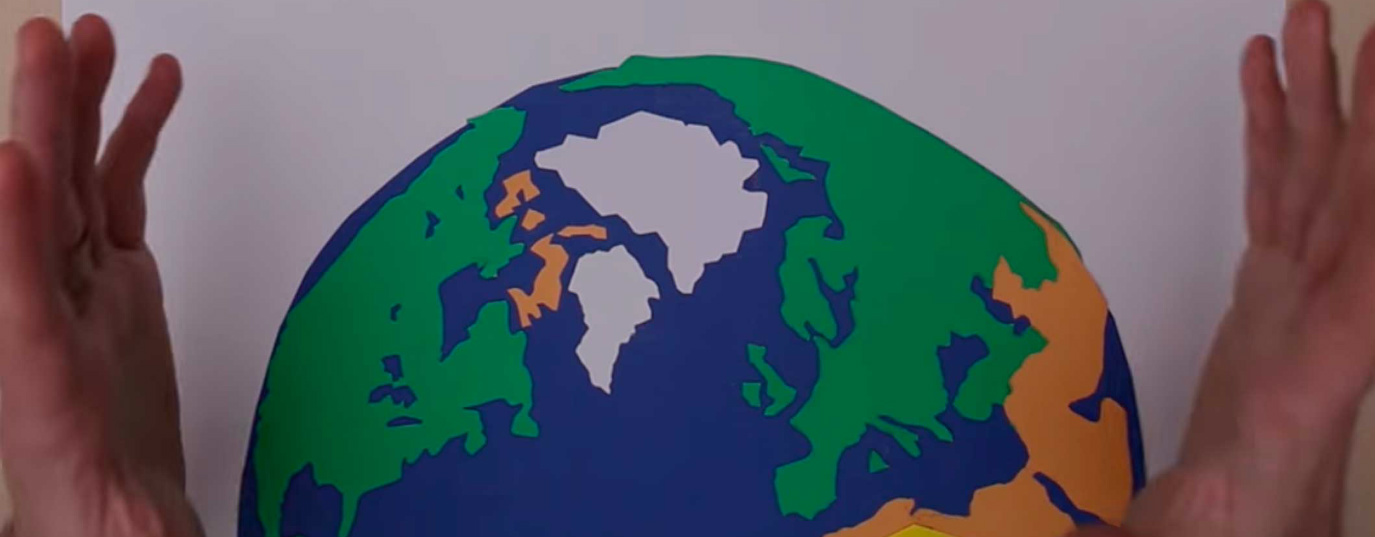"How to avoid climate change?"
Discover in this video what climate change is, why fearmongering no longer works and what we can do to curb its progress
You cannot avoid climate change – that much is carved in stone. You cannot! But how did we arrive at this point? Before examining the causes and consequences of climate change, let’s clear up, briefly, what it’s all about. In the following video, we explain climate change from a new perspective, and why external interests have been able to close your eyes to its impact, and how fighting against it will improve the world.
Climate change is the consequence of global warming. Since our renowned Industrial Revolution, we’ve depended upon a production and consumption system that has emitted greenhouse gases (GHG) to the atmosphere in greater quantities than naturally exist. These GHG emissions maximize the so-called greenhouse effect, an otherwise natural, necessary process that makes the Earth habitable. The increase in the presence of greenhouse gases in the atmosphere, however, causes the temperature of the planet to rise, leading to what is known as global warming.
This global warming is the cause of climate change, and has multiple consequences with global impact, mainly by changing the weather patterns, melting the poles, raising sea levels, provoking extreme meteorological phenomena, desertification, fires, storms and floods, etc.
We’re familiar with all these causes and consequences thanks principally, among others, to studies by the IPCC, an unpaid group of scientists elected by 195 countries and working under the United Nations. Their painstaking work, analyzing the work of climate scientists, has resulted in a consensus of over 97% that global warming is due to human activities.
The fearmongers no longer prevail
Explanations of the tragic consequences of climate change were until now based on fearmongering. But this no longer works. Also, what is known as climate change denial, the posture, irrespective of data and scientific opinion, denying that climate change even exists, places us in a scenario where overcoming barriers and finding possible solutions is more difficult than it should be.
This train of thought, along with catastrophic warnings and images about our planet becoming an inferno, does not generate a positive effect pre-disposed to finding solutions; on the contrary, it promotes rejection.
If we confront the reality from an optimistic perspective, however, conscious that, although climate change cannot be avoided, its effects can be mitigated, and can be adapted to, a hopeful future can be built, in which tackling climate change can serve to resolve many other problems we face, too.
Main sources of the video: IPCC, World Economic Forum, Word Economic Forum II, United Nations, Asociación Empresarial Eólica, Asociación de Empresas de Energía Renovable, Fundación Ipade, Global Wind Energy Council and NASA.







